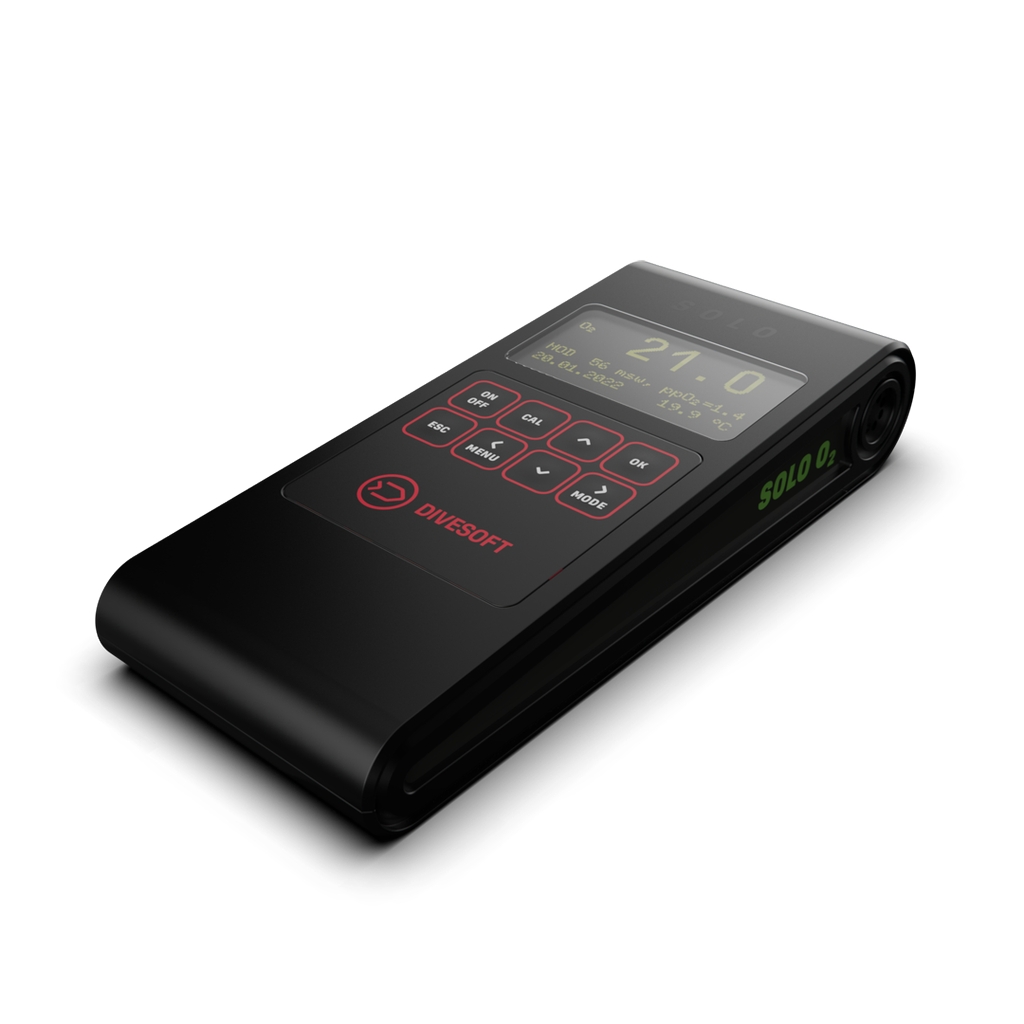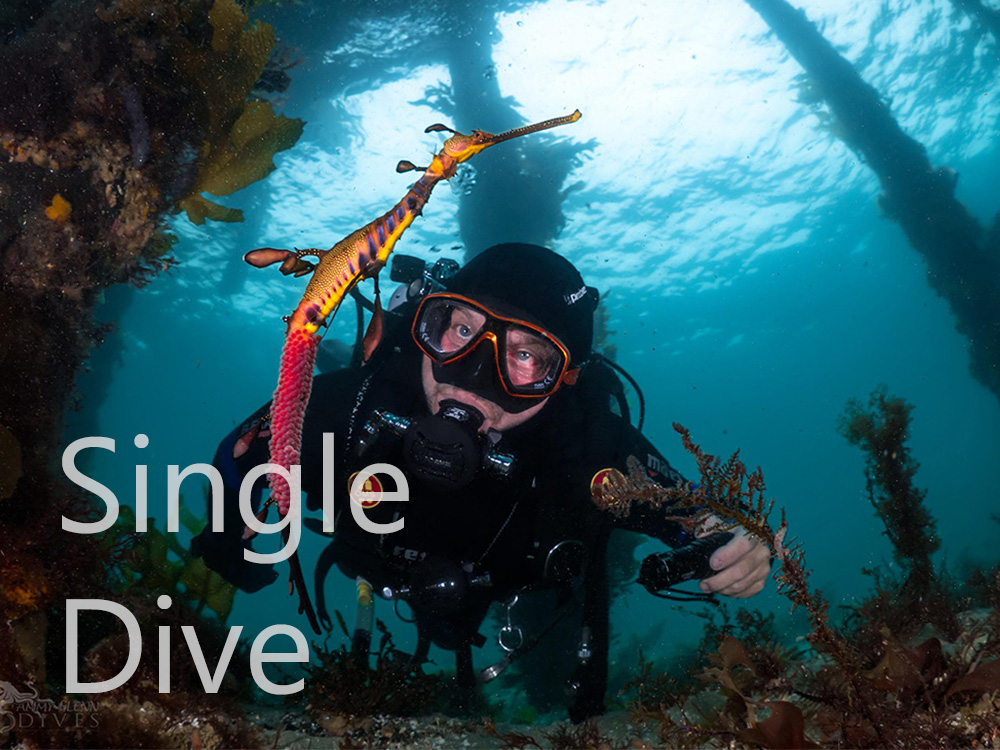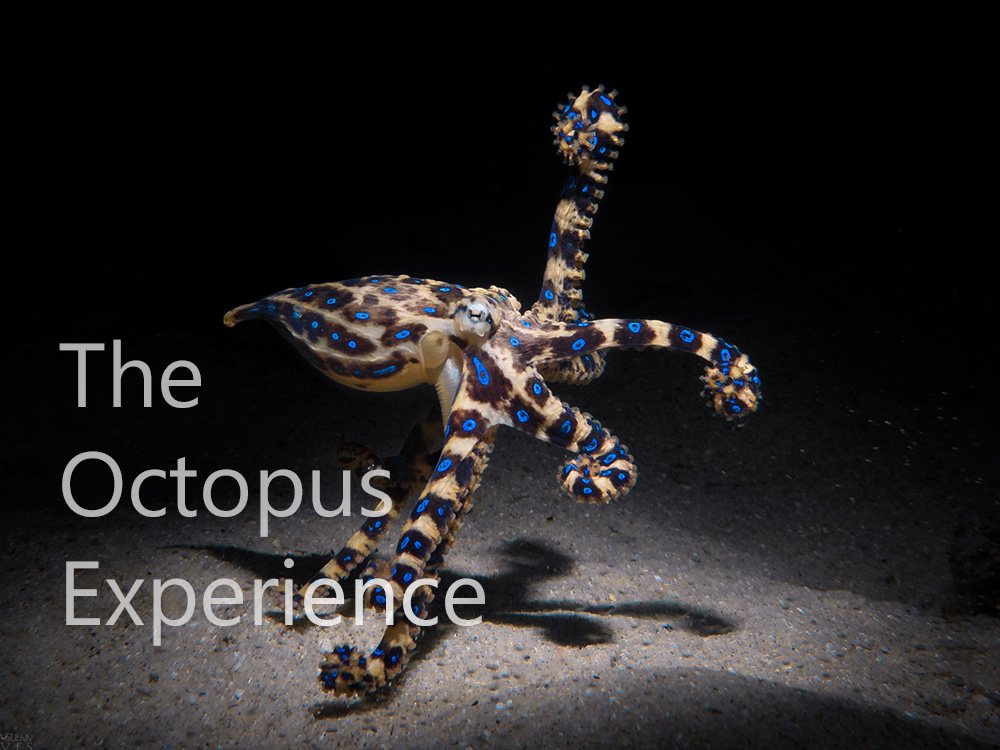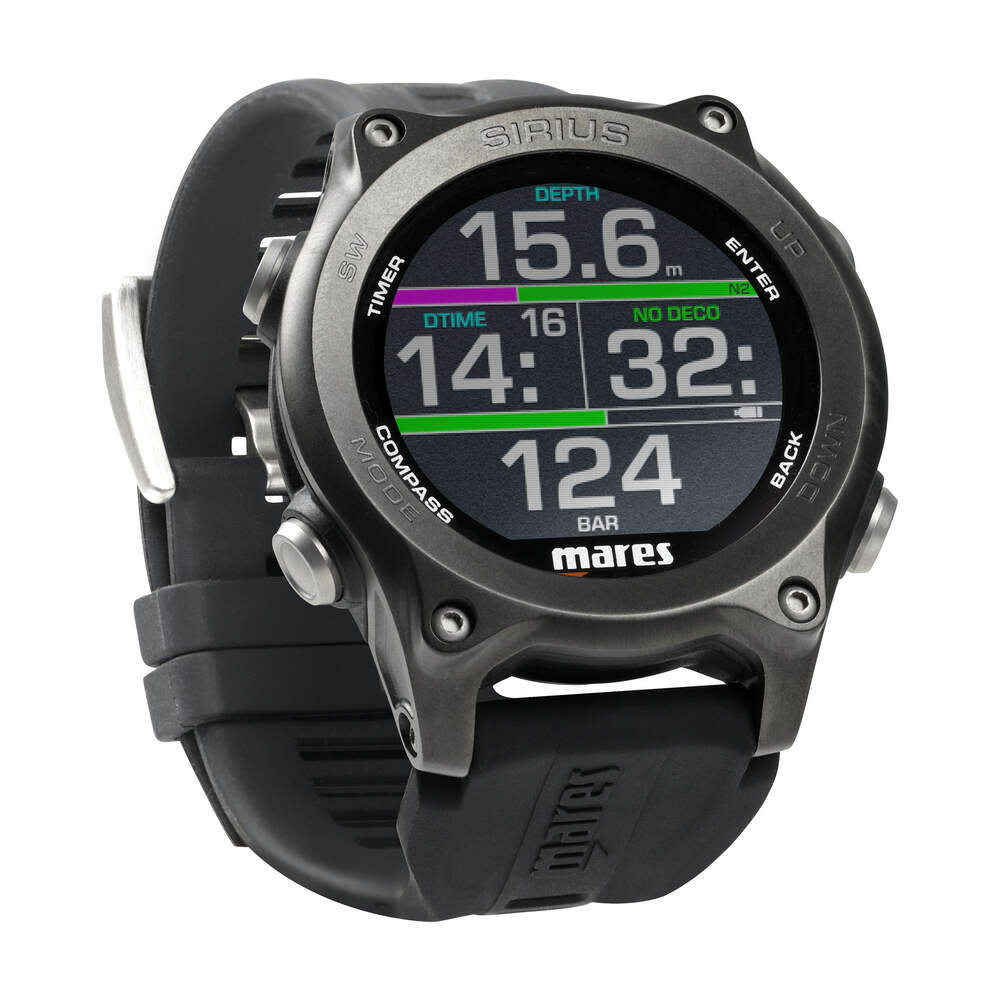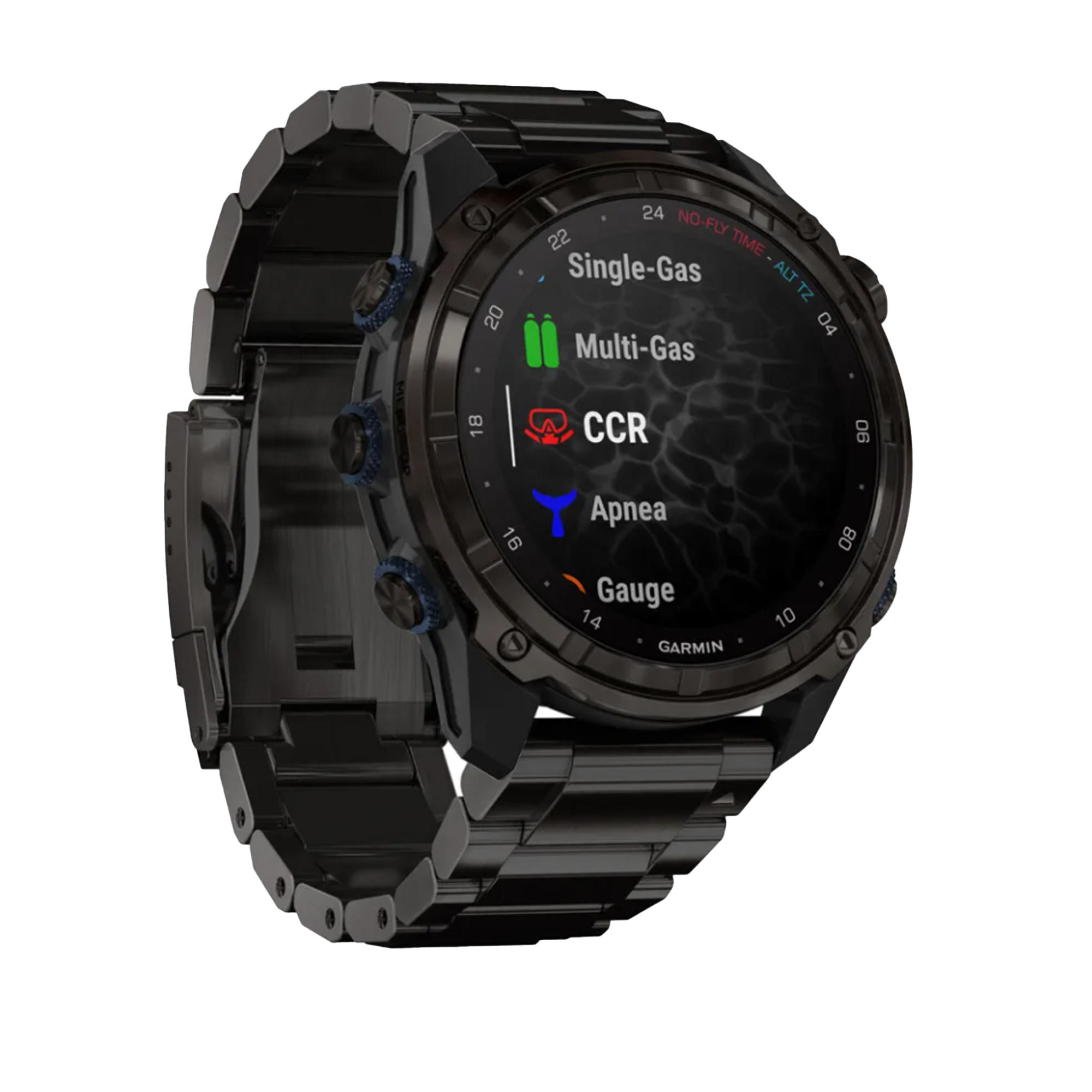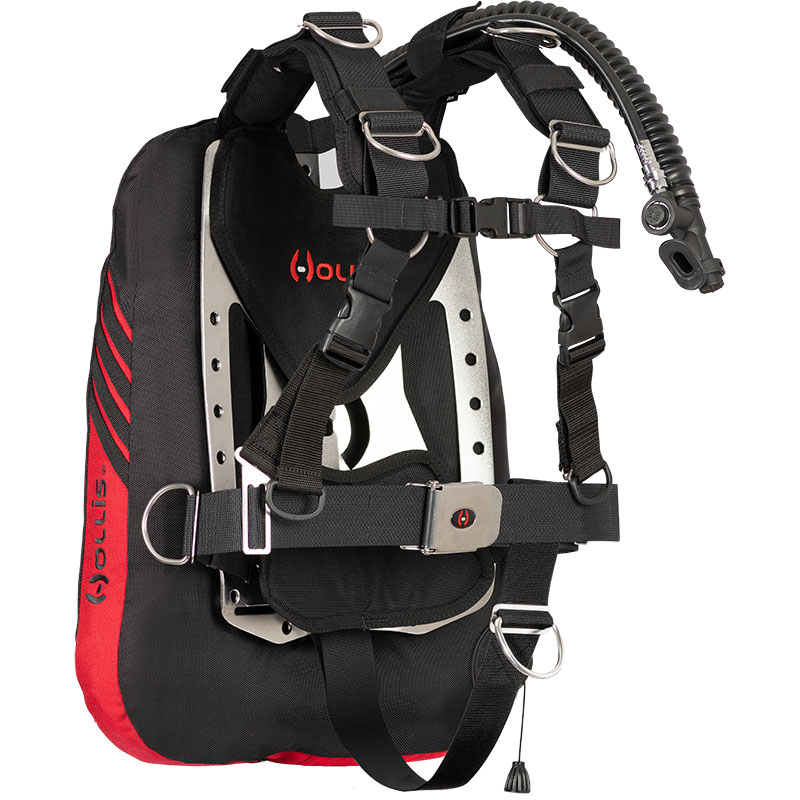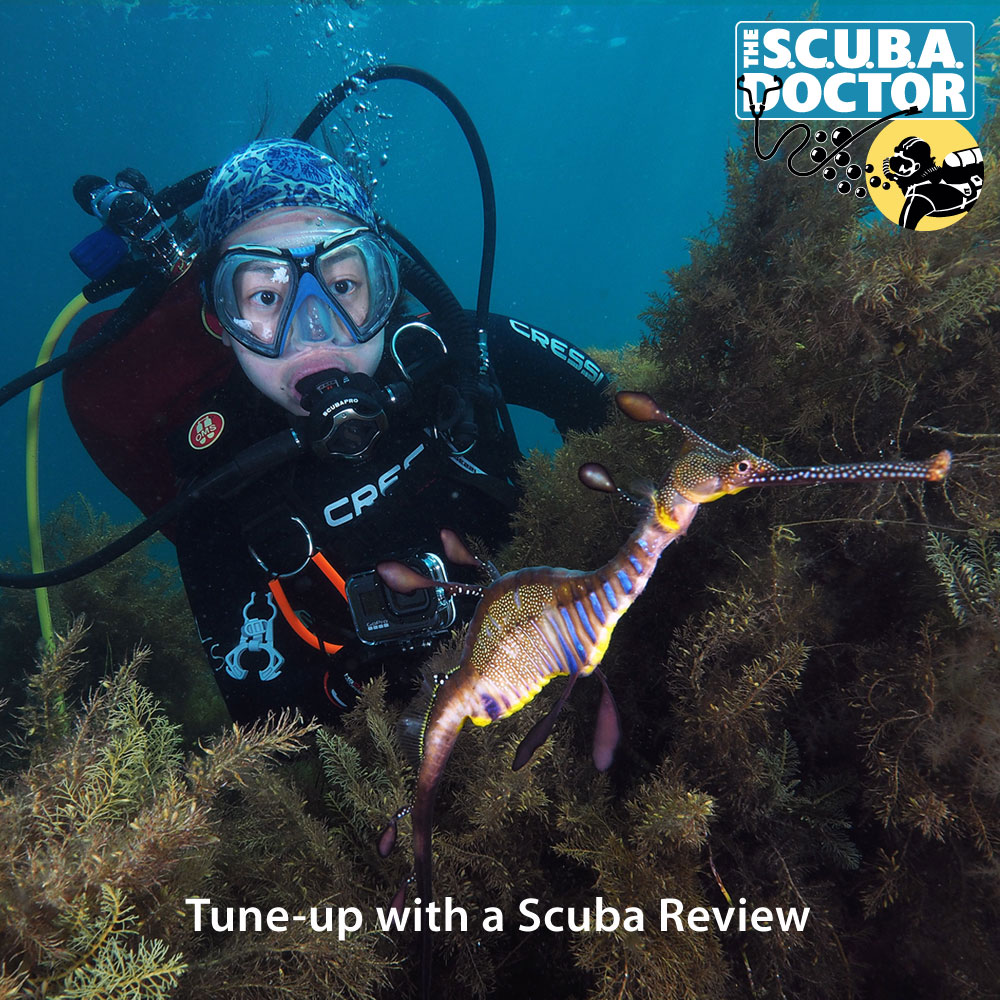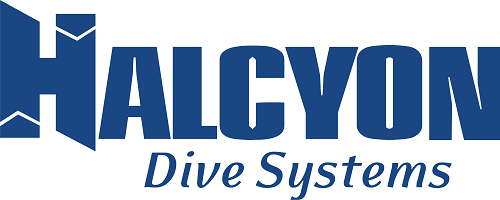Navigation
The Full Foot fin, or sometimes called closed heel or slipper style, is one that is worn barefoot and is much the same as putting on a regular slip-on shoe. Full foot fins are usually designated for warm water use such as in the tropics. This design offers no thermal insulation for the feet which is why it is also referred to as a warm water design.
With respect to sizing, the full foot heel does not have any adjustments so the range of feet that it fits is less than that of open heel fin styles. Those people with wider feet may also have issues with the full foot styling as the foot pockets are built to accommodate widths that are most common for the length of the foot of each size offered. People with high arches may find issue with the full foot design, due to the part of the pocket that covers the top of the foot which is, again, designed for the average foot. The pocket may cause stress by pushing downward making the fit uncomfortable.
Need more information? Then please check out our Snorkelling Fins Buying Guide.
Jawbone Marine Sanctuary
![]() Shore Dive |
Shore Dive | ![]() Shore access
Shore access
![]()
![]()
![]()
![]()
![]()
![]()
This dive and snorkelling site entry is simply a pointer to the various sites we have details for within the Jawbone Marine Sanctuary.
Jawbone Marine Sanctuary is located in Williamstown and protects 30ha of coastal waters — a haven for coastal and marine life right next to Melbourne. Here you can go diving or snorkelling over the wide variety of habitat that includes seagrasses, boulders and local kept forests.
Jawbone Marine Sanctuary
This site is located within the Jawbone Marine Sanctuary, which is the most northern marine sanctuary in Port Phillip. Jawbone Marine Sanctuary, named after its shape, is located in Williamstown and protects 30ha of coastal waters. The little promontory, west of the beach at Williamstown, has been fenced off from the rest of the world for over 80 years by a coastal rifle range. This unspoiled place is now considered a haven for coastal and marine life right next to Melbourne. It is a great scenic place for children to play too.
The Jawbone Marine Sanctuary begins west of the fishing clubs in Bayview Street, Willamstown, and runs west 1.9 km along the foreshore around the Jawbone to wader beach south of McGuire Crescent. It abuts the Jawbone Flora and Fauna reserve and extends from the high water mark to a maximum of 300 metres offshore.
The sites for diving and snorkelling within the Jawbone Marine Sanctuary are:
- The Jawbone, Williamstown (Melway Map 55 J10)
- The Jawbone West, Williamstown (Melway Map 55 J10)
- Ester
- Carmen
- Agnes
Aboriginal tradition indicates that the sanctuary is part of Country of Boon Wurrung people.
More protected than many sites in the area, so a good site to dive instead when the wind is up a bit. There are many spots to dive here in all directions.
Jawbone Wrecks
The sanctuary was used as a scuttling ground for ships that had outlived their usefulness. The exposed location, rocky bottom, proximity to Williamstown and restricted public access made it an ideal place to scuttle wrecks.
Along the west edge of Jawbone are the remnants of some shipwrecks including: Agnes, Carmen, Ester, Macedon, and Salsette. The Kakariki, Orange Grove, and Baldrock also lie nearby, plus there are other unidentified wrecks.
Also not far from Jawbone are the remains of a Vultee Vengeance Aircraft.
See also Park Note: Jawbone Marine Sanctuary,
Parks Victoria: Jawbone Marine Sanctuary,
Jawbone Marine Sanctuary Care Group,
Taxonomic Toolkit for the Marine Life of Port Phillip Bay, and
How To Assess Visibility Before Heading To Snorkel Sites In Port Phillip / Western Port — by Simon Mustoe, 20 January 2022.
You are not permitted to carry a spear gun while snorkelling or scuba diving in Jawbone Marine Sanctuary.
Traditional Owners — This dive site is in the traditional Country of the Boon Wurrung / Bunurong people of the Kulin Nation. This truly ancient Country includes parts of Port Phillip, from the Werribee River in the north-west, down to Wilson's Promontory in the south-east, including the Mornington Peninsula, French Island and Phillip Island, plus Western Port. We wish to acknowledge the Boon Wurrung as Traditional Owners. We pay respect to their Ancestors and their Elders, past, present and emerging. We acknowledge Bunjil the Creator Spirit of this beautiful land, who travels as an eagle, and Waarn, who protects the waterways and travels as a crow, and thank them for continuing to watch over this Country today and beyond.
Jawbone Marine Sanctuary Location Map
Latitude: 37° 51.988′ S (37.866459° S / 37° 51′ 59.25″ S)
Longitude: 144° 52.916′ E (144.881926° E / 144° 52′ 54.93″ E)
Datum: WGS84 |
Google Map
| Get directions
Added: 2021-12-13 07:56:00 GMT, Last updated: 2022-04-17 18:01:55 GMT
Source: Google Earth
Nearest Neighbour: The Jawbone West, Williamstown, 129 m, bearing 305°, NW
Jawbone Marine Sanctuary.
Williamstown, Port Phillip.
Depth: 2 to 6 m.
[ Top ]
DISCLAIMER: No claim is made by The Scuba Doctor as to the accuracy of the dive site coordinates listed here. Should anyone decide to use these GPS marks to locate and dive on a site, they do so entirely at their own risk. Always verify against other sources.
The marks come from numerous sources including commercial operators, independent dive clubs, reference works, and active divers. Some are known to be accurate, while others may not be. Some GPS marks may even have come from maps using the AGD66 datum, and thus may need be converted to the WGS84 datum. To distinguish between the possible accuracy of the dive site marks, we've tried to give each mark a source of GPS, Google Earth, or unknown.
Copyright © 2005-2022 by The Scuba Doctor Australia, ABN 88 116 755 170. All rights reserved.
tel. +61 3 5985 1700 :: email. diveshop@scubadoctor.com.au :: Web site by it'sTechnical 2022

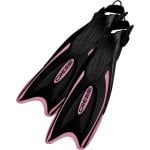
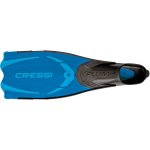

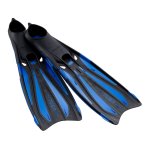
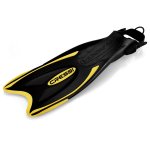

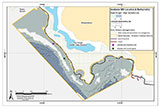
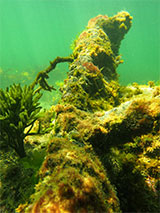
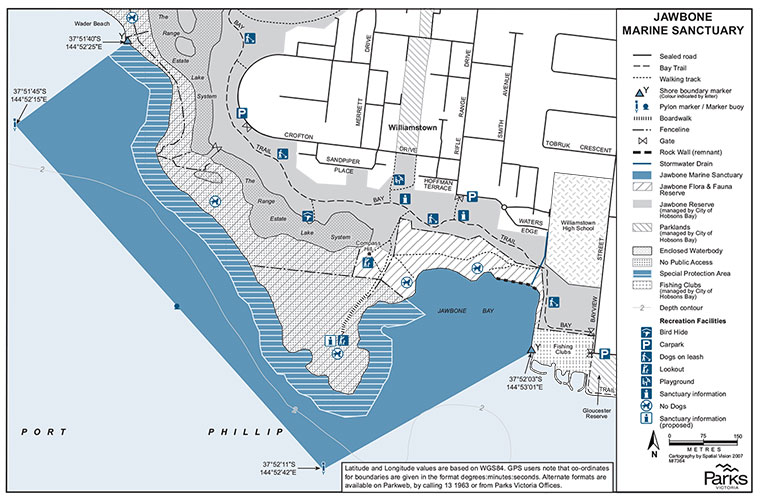
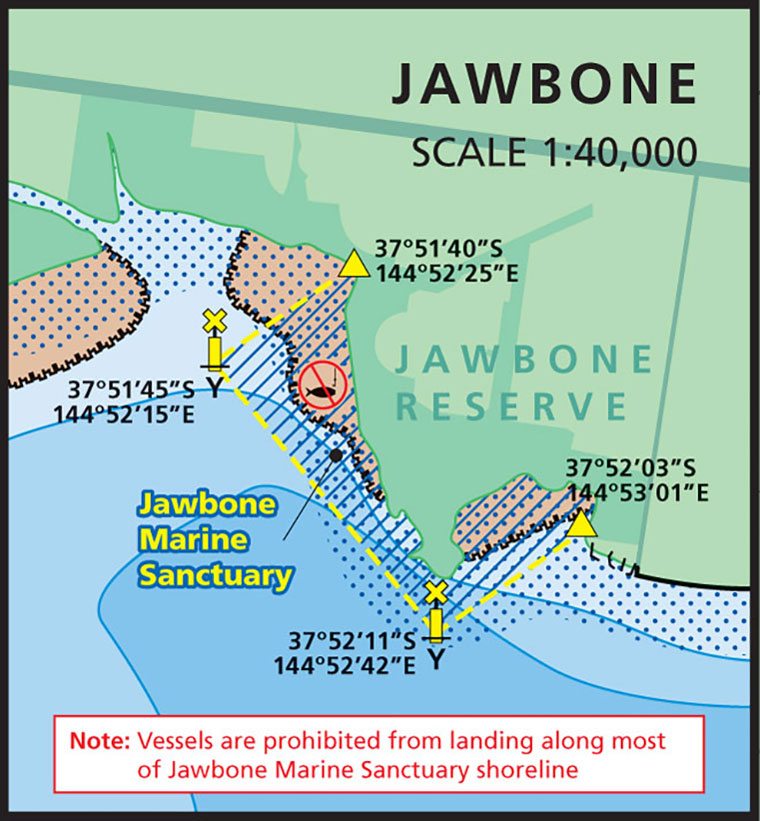
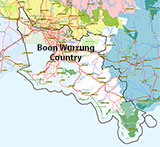






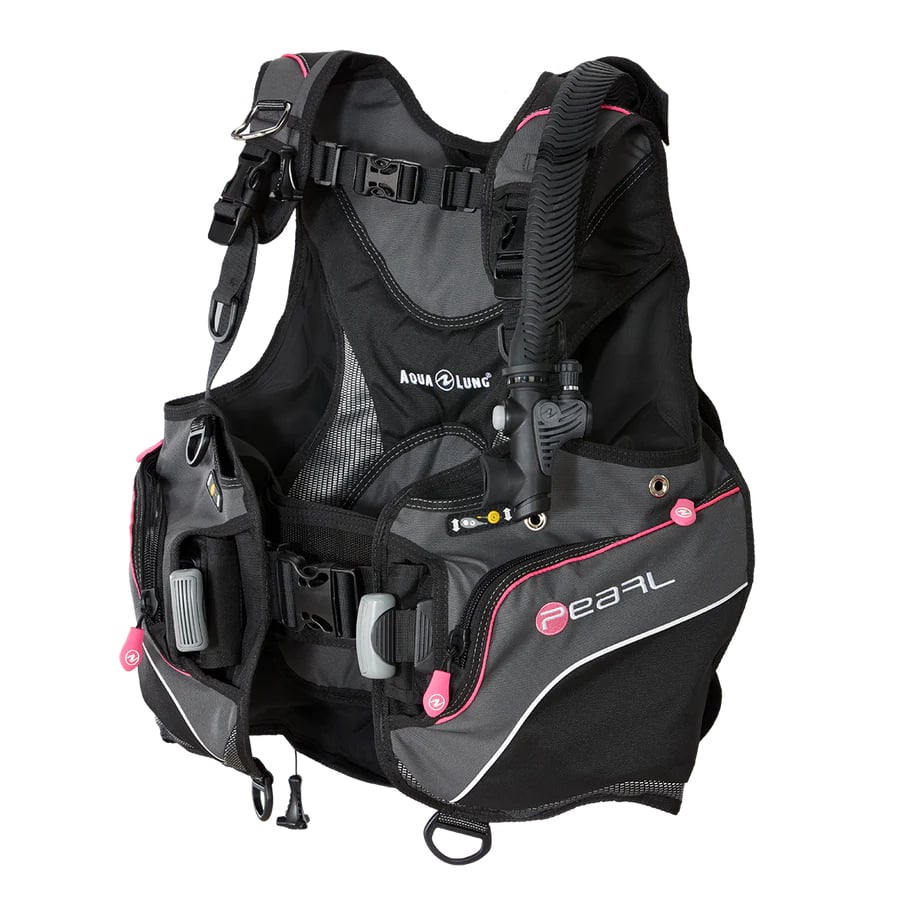

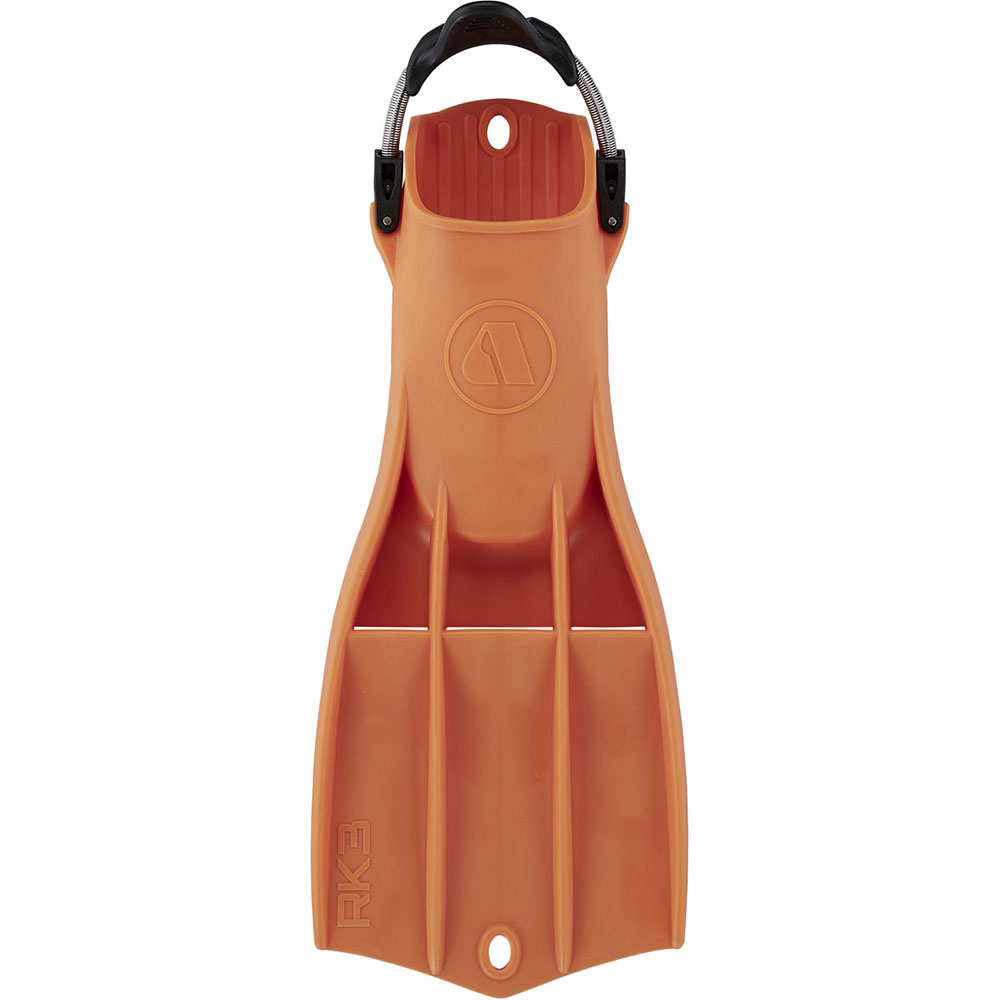
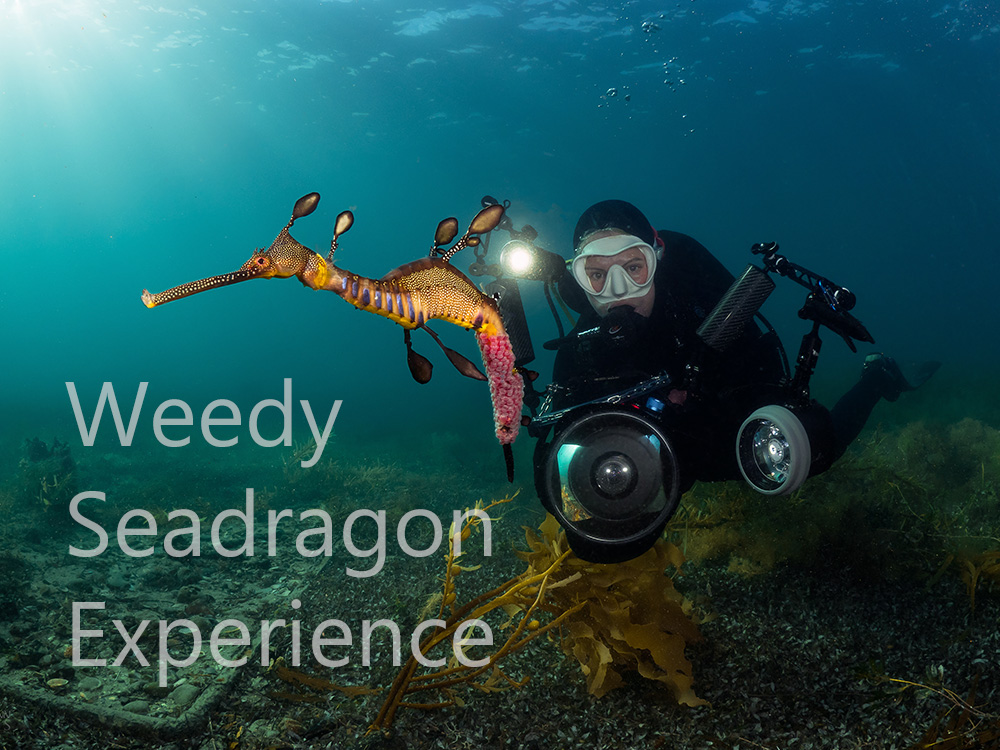
![Halcyon Infinity 30lb System [SS Small Backplate] Halcyon Infinity 30lb System [SS Small Backplate]](/diveshop/images/halcyon/Halcyon-Evolve-Wing.jpg)
